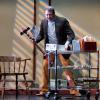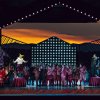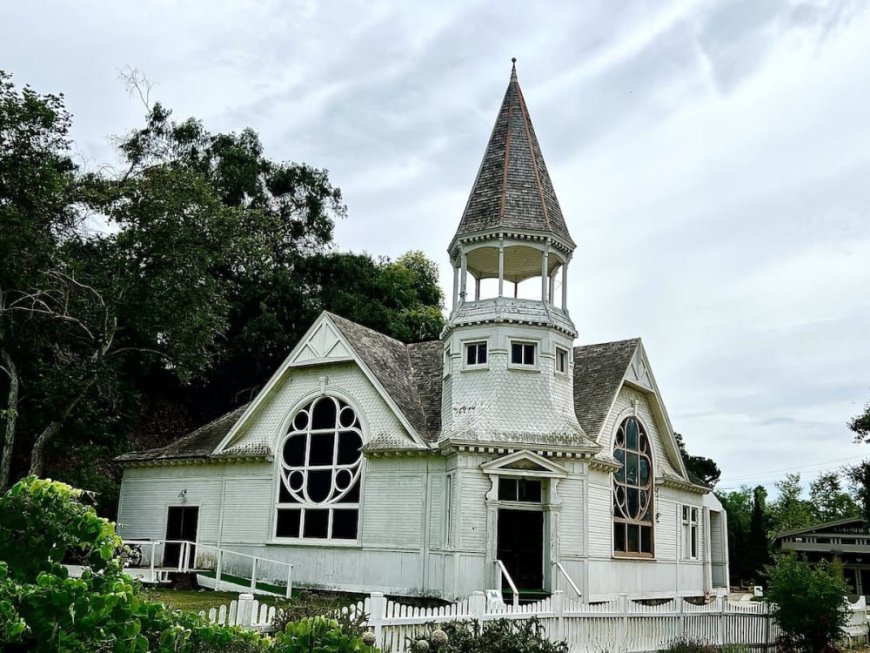
Halloween may be over by Nov. 1, but Source/Filter, the women-led arts collective reimagining opera and classical music in Los Angeles, has plans both spooky and musical for the following weekend. Indeed, the company returns to Heritage Square Museum Nov. 7–9 with an eerie operatic double feature. The evening opens with “Big Deaths” — a haunted-house-style tour of operatic murder scenes — and concludes with the West Coast debut of “Alice Ryley,” an unsettling ghost story by composer Michael Ching.
Inspired by the ghost lore of Savannah, Georgia, “Alice Ryley” describes the final days of the titular character, an Irish immigrant and indentured servant in 18th-century colonial America. Alice Ryley is said to have been the first woman hanged for murder in colonial Georgia, and her ghost lives on.
“I chose this opera because we wanted to feature new works,” said Britta Sterling, who founded Source/Filter — a nonprofit organization with an annual budget under $100,000 — in 2022 and is also the collective’s artistic director. “We’re only in our second year of this tradition of doing Halloween-themed shows, and ‘Alice’ is extremely timely. She was implicated in the murder of a man she was indentured to, though she wasn’t involved or even in the house when it happened.
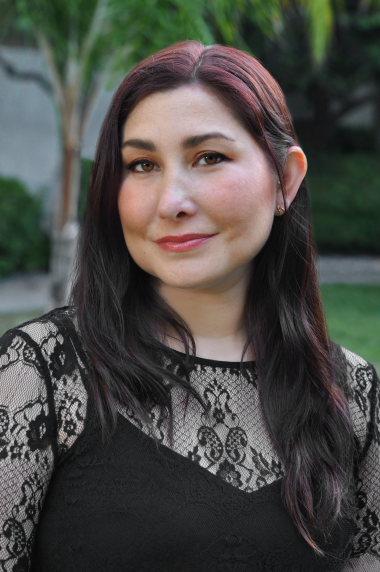
“There was a lot of anti-Irish sentiment at that time, and her ghost is said to haunt part of Savannah, Georgia,” Sterling added. “I lived there for two years and can say that it’s a very haunted city.”
Accompanied only by music director and pianist Milena Gligić, the opera, which is staged by Sterling and takes place in the church at Heritage Square, features soprano Emily Gallagher in the title role with five other singers and a chorus of eight.
Sterling said she believes the messages in “Alice Ryley” remain relevant: “I want people to be thinking about the fact that we’re all immigrants to this country, [and] many of our ancestors faced similar discrimination,” she said. “The legal system and prejudices set up in a certain place can fail someone. Alice was a good person just trying to make a life for herself, and how badly the system used and discarded her. This is the cyclical nature of history.”
But before getting caught up in Alice Ryley’s unhappy fate, Source/Filter’s audiences will be treated to “Big Deaths,” where they’ll encounter iconic operatic deaths while wandering through the museum’s 19th-century homes in small groups. Attendees can expect scenes from Carmen, Rusalka, The Turn of the Screw, and more.
“I chose scenes based on the Victorian houses,” said Sterling, who is also a singer and part-time speech therapist. “The stagings will be unique, as well. We use the kitchen for the death scene in [Dmitri Shostakovich’s] Lady Macbeth of Mtsensk and in [Benjamin Britten’s] The Turn of the Screw, when Miles is being put to bed, we use a chaise lounge for that.”
Sterling said she rewrote all the librettos, which will be performed in English with the exception of a death scene from Jules Massenet’s Cléopâtre.
The name Source/Filter comes from a vocal science term for how sound is produced.
“The source is the sound that comes out of the vocal cords, and the filter is the throat and the mouth in the vocal tracts that create the unique sound an individual produces when they sing,” Sterling said.
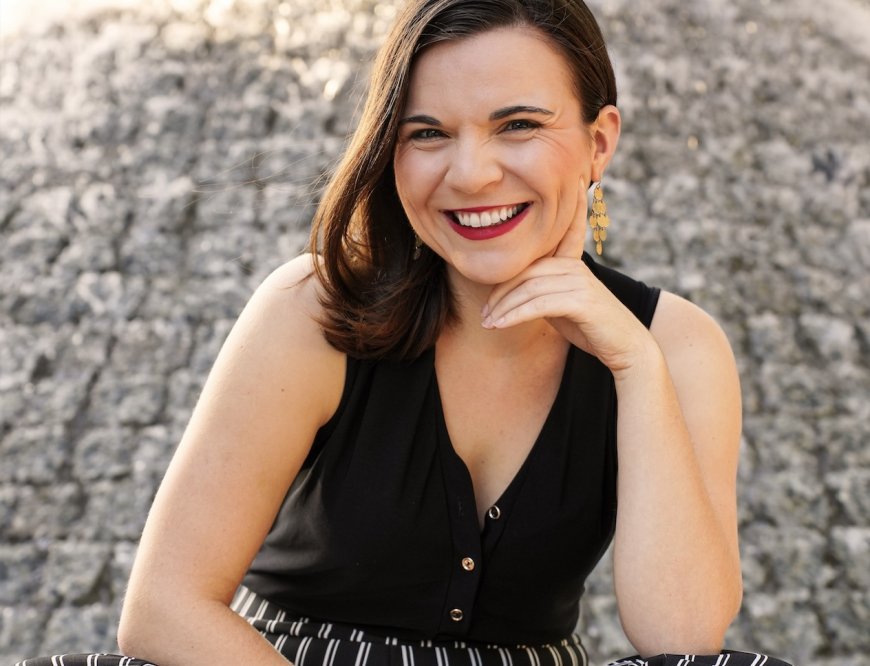
And singing is paramount to the organization, with Sterling noting that she sees Source/Filter contributing to the broader opera landscape in Los Angeles by presenting unique shows
“We really are prima voce — the voice first [and] the whole person,” she said. “I like to look at people as performers who are not only extremely talented — which is not hard to find in L.A. — but are also willing to play, to experiment. We are focused more on operatic singing, whether new work or older work. I want the old school style of singing, which is engaging to me, including re-dos of established operas, because I believe we’re losing that.
“Finally,” Sterling stressed, “we try to push boundaries and present operas where you wouldn’t expect it. You have to shake things up.”


